


A Reading From Darwin’s Bluff

Minimal Replication Fidelity: Another Problem for the RNA World Hypothesis
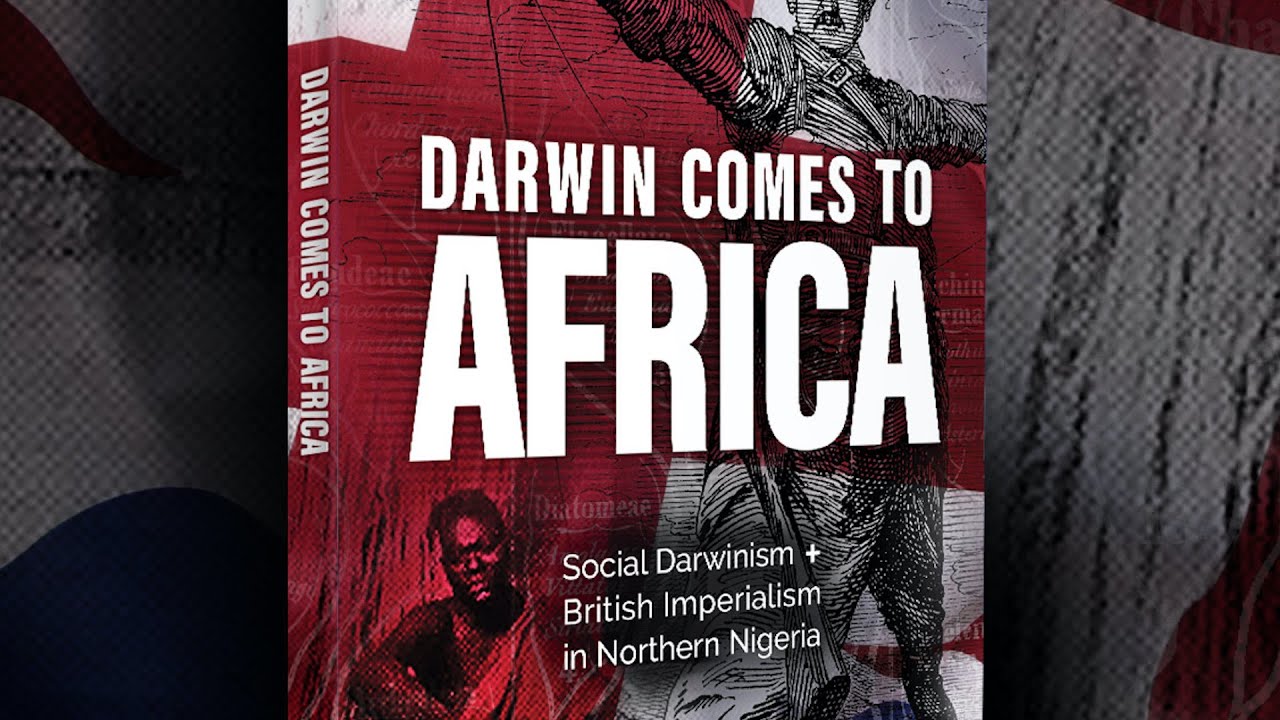
When Darwinism Came to Africa, Horrors Ensued

Origin-of-Life Mystery at the University of Tokyo, Pt. 2
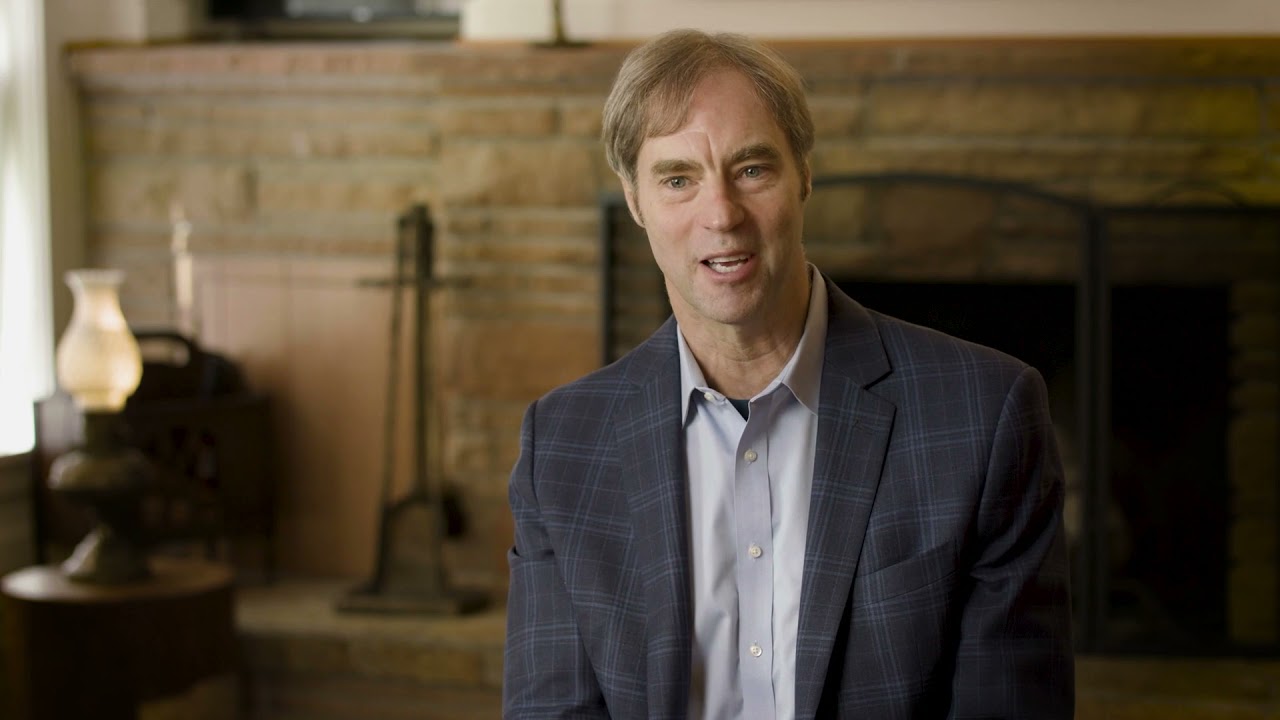
Stephen Meyer Takes On Darwin’s TreeS
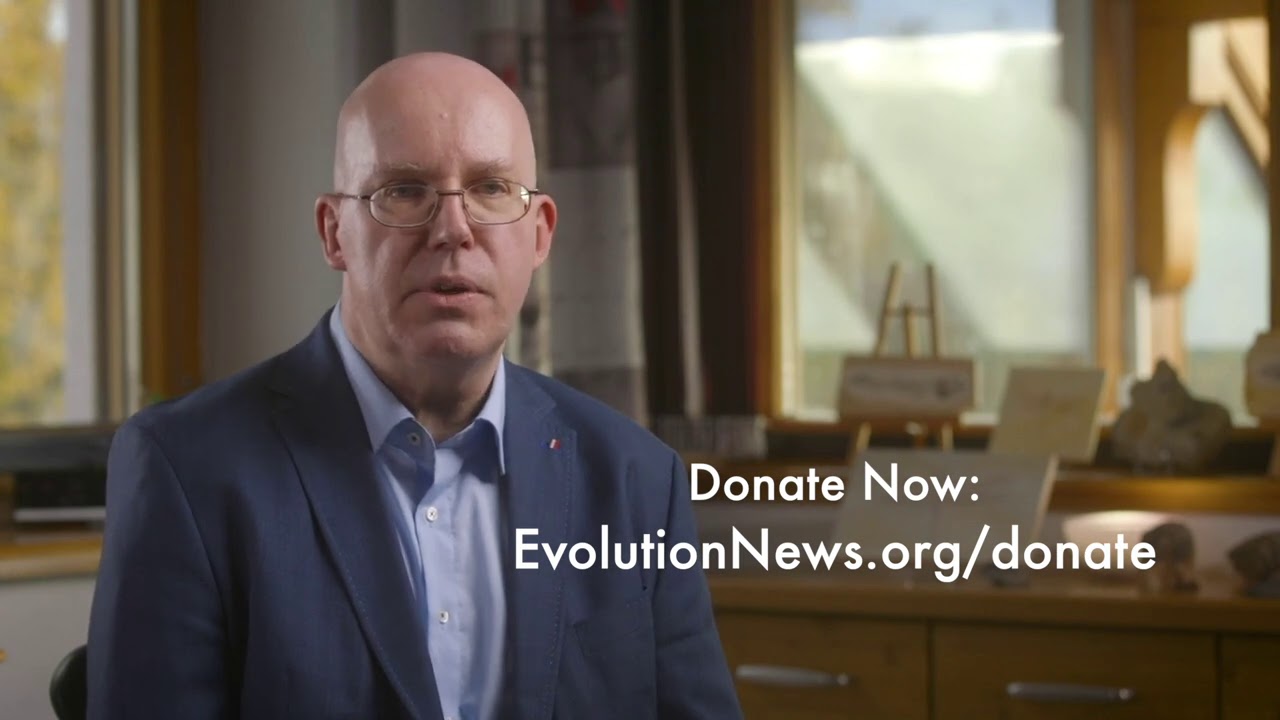
Gunter Bechly Explains What The Fossil Evidence Really Says

The Coolest Tech on the Planet (Hint: It’s Inside You!)
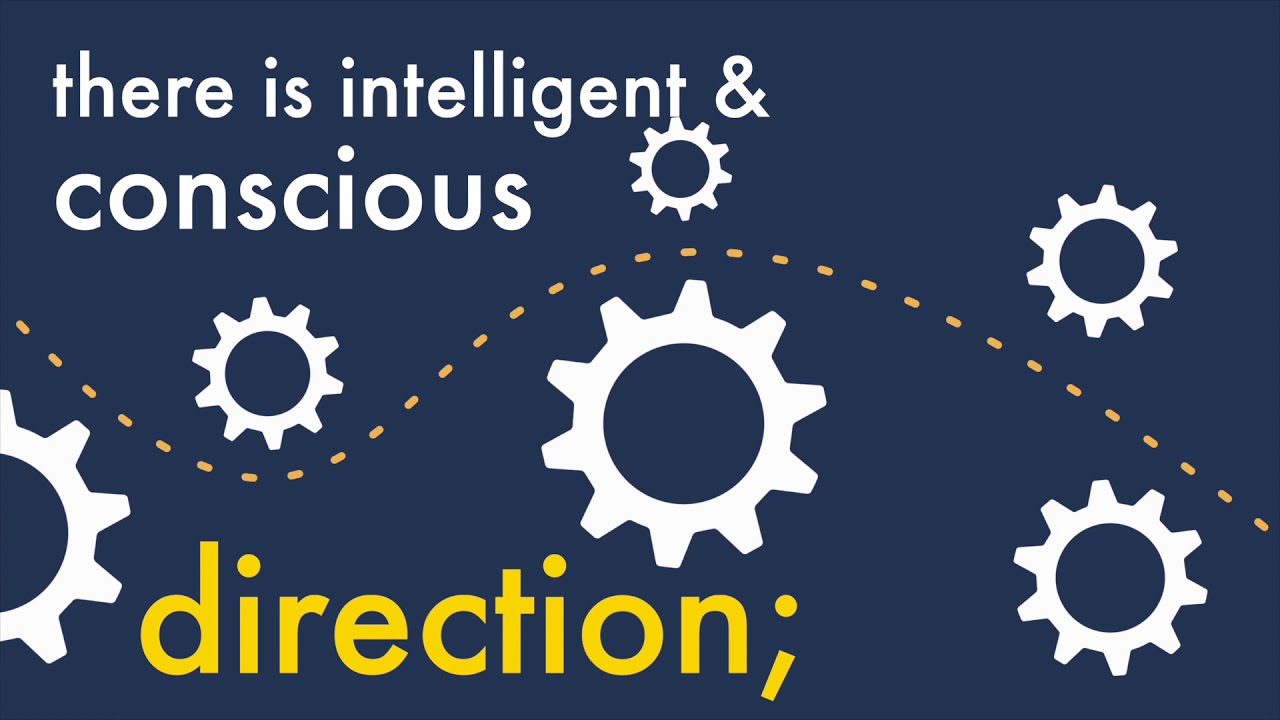
Co-Founder of Evolution: Behind the Universe Is Intelligent and Conscious Direction
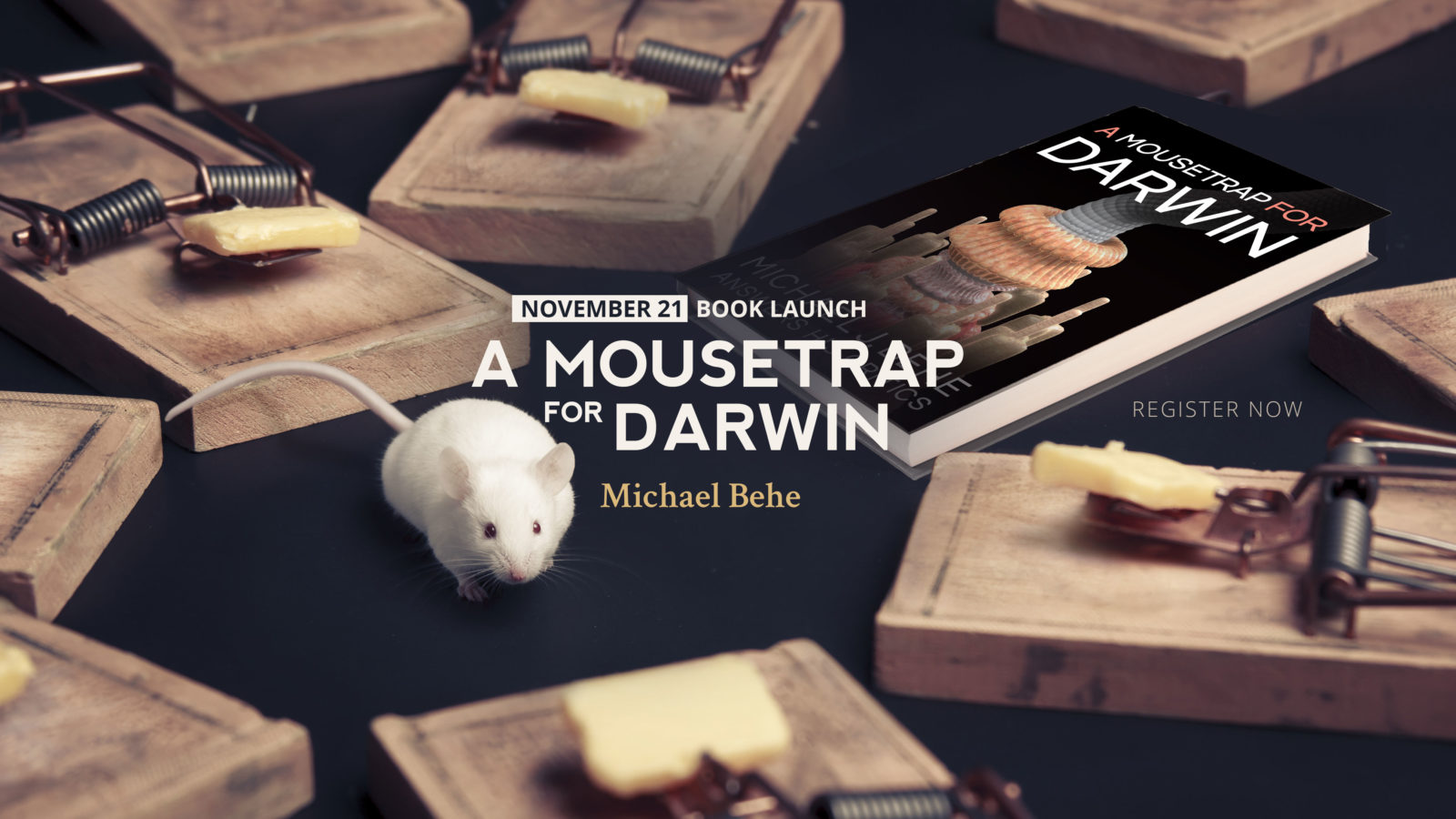
Michael Behe: A Mousetrap for Darwin
Biochemist Michael Behe, author of Darwin’s Black Box, Darwin Devolves, and other books, discusses his new book A Mousetrap for Darwin: Michael J. Behe Answers His Critics with John West, Associate Director of the Center for Science and Culture, and fields questions from an international audience.